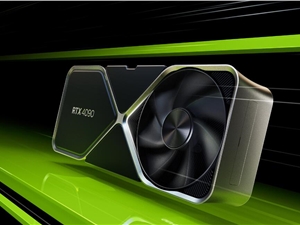Elon Musk confirmed over the weekend that Tesla has disbanded the team responsible for the Dojo AI training supercomputer, just weeks after he announced that the second Dojo cluster was expected to be scaled up by 2026.
Musk posted on his social platform X: "When all technical paths clearly converged on AI6, I had to shut down Dojo and make a difficult personnel decision, as Dojo2 had become a dead end in technological evolution. Dojo3 continued in some way in the form of a single board integrating a large number of AI6 chips."

Previously, Tesla used NVIDIA GPUs and its self-developed D1 chips to build the first Dojo supercomputer, and planned to build a "Dojo2" factory driven by the second-generation D2 chips. However, with the development of the D2 chip being put on hold, the entire Dojo project was also terminated. Tesla shifted its focus to AI5 and AI6 chips manufactured by TSMC and Samsung - AI5 is mainly used for FSD (Full Self-Driving) systems, while AI6 is aimed at in-vehicle inference and human-like robot autonomy, and also supports large-scale AI training.
Musk explained, "Tesla does not need to divert resources to expand two very different AI chip architectures. AI5, AI6, and subsequent chips will have excellent inference performance and powerful training capabilities, and we will focus all our efforts on this path." He added that integrating a large number of AI5/AI6 chips onto a single motherboard can significantly reduce network wiring complexity and costs, whether for inference or training, and this approach can also be seen as 'Dojo3'.
The Dojo project has been repeatedly emphasized by Musk since 2019 as the core for achieving full autonomous driving and commercial humanoid robots. However, since August 2024, he has begun to promote a new large-scale AI training cluster called Cortex more frequently, stating that it is being built at Tesla's Austin headquarters to solve "real-world AI" issues. It remains unclear whether Cortex is still being advanced, and Tesla has not responded to the subsequent arrangements for the Dojo factory in Buffalo, New York, which was invested $500 million in building.
This strategic shift occurred against the backdrop of declining electric vehicle sales at Tesla and brand damage caused by Musk's political stance. Despite the many questionable incidents involving autonomous taxis in the Austin pilot this June, Musk still tried to convince investors that Tesla's future lies in automation and artificial intelligence.









